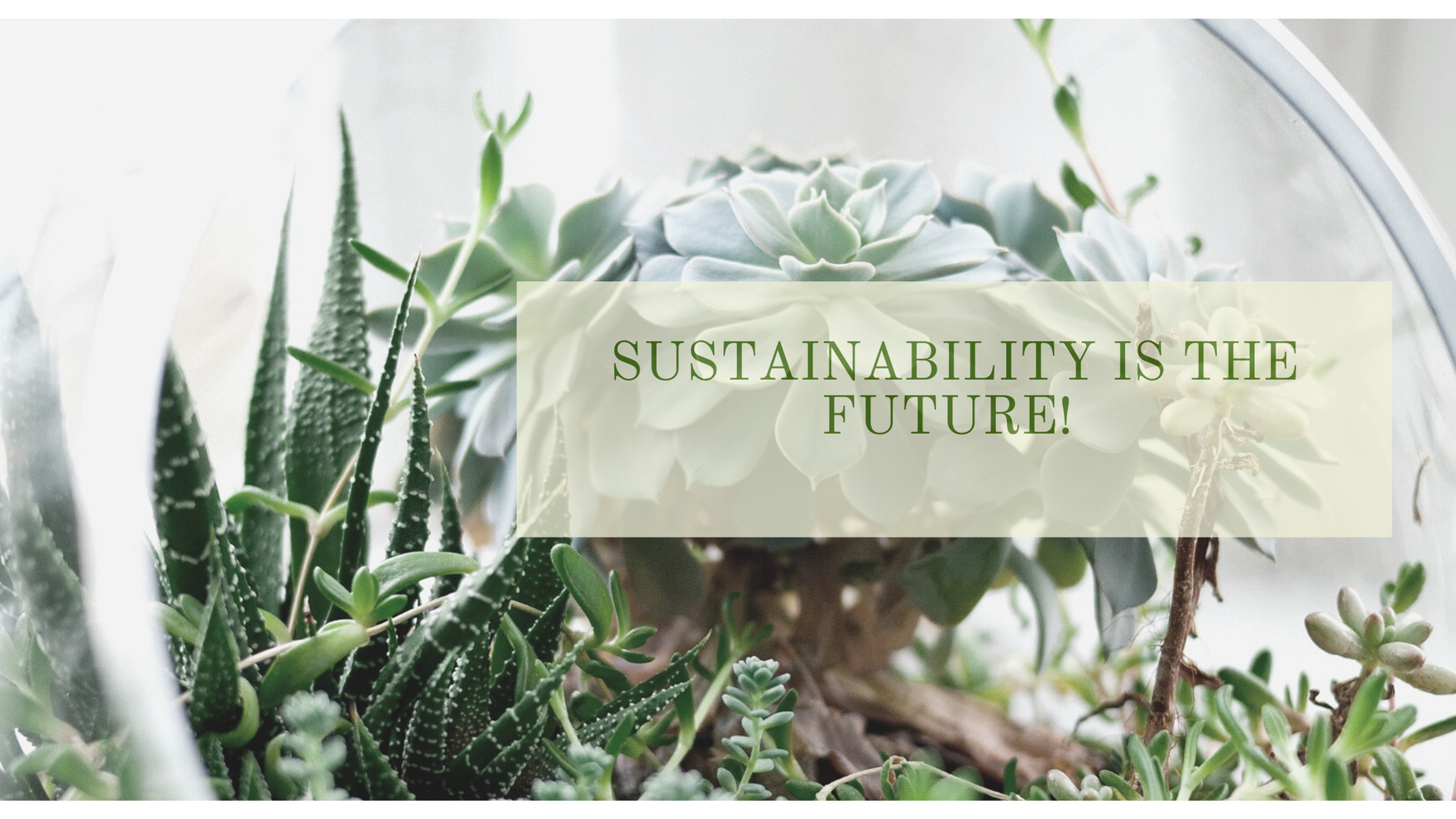When shopping, have you ever chosen a “sustainable” product instead of the regular one to protect the environment? But have you ever been confused by the real meaning of “sustainable”? What does “sustainable” actually mean?

Sustainable = Recyclable?
A lot of products have tags like “sustainable” or “recyclable”, but have you ever wondered what is the difference?
Basically, sustainability for a manufactured product means the creation process aims to minimize the negative environmental impacts, conserves energy and natural resources, and is safe for employees, communities, and consumers. It is not a 0/100 thing, rather, it is more like a percentage - how much “sustainable” the product depends on its performance on the standards above.
Technically, a “recyclable” product means it or parts of it can be reused or remanufactured into other products.
Usually, sustainable products can be recycled, but not all recyclable products are sustainable.

Sustainable = Durable?
Some people may feel that “sustainable” products mean that they are durable.
Yes, in most conditions, that is true!
However, sustainable does not necessarily mean durable. The durability of a product refers to its ability to remain functional without excessive maintenance, therefore, durability is an important aspect when we evaluate the sustainability of a product since the shorter the usable time of a product, the more pollution it may cause. For example, one of the most common non-durable products is plastic water bottles. In the U.S., there are 1,500 plastic water bottles consumed every second. Although some of the bottles are tagged as “recyclable”, the fact is that most of them simply go into our landfills and remain there for hundreds of years.
Therefore, durability is a crucial part of sustainability, but it is not equal to sustainability.

When You Make the Choice
When you want to choose something that is eco-friendly, choose something durable/recyclable/sustainable. All these tags are great!
However, because of the ambiguous definitions, we still need to pay attention to the tags when shopping.
For example, NIKE has a series of recycled leggings, which is “recyclable” but not necessarily “sustainable”. Usually, when choosing “sustainable” products, you should pay attention to its manufacturing process, the materials it uses, and its durability.
CLOVO is a SUSTAINABLE brand! EverTights pantyhose uses 80% of natural materials, with the manufacturing process both friendly to the environment and to workers. The fast-fashion pantyhose can only sustain 1-5 wears, whereas EverTights can sustain up to 60 wears.
As a sustainable brand, we thank you for your attention to sustainability, and we greatly appreciate your efforts to protect the environment. The future will be better with sustainability!


